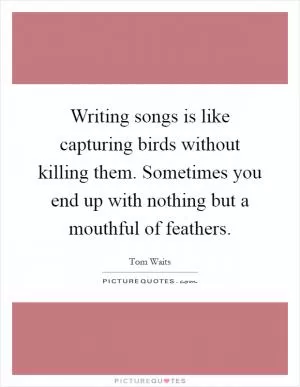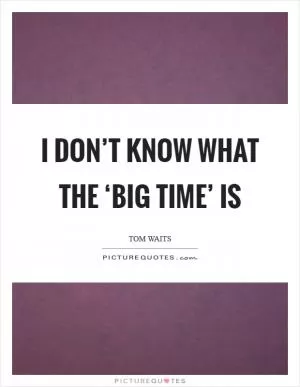The face forgives the mirror, the worm forgives the plough, the question begs the answer, can you forgive me somehow?

The face forgives the mirror, the worm forgives the plough, the question begs the answer, can you forgive me somehow?
Tom Waits is a legendary musician known for his gravelly voice, poetic lyrics, and unique blend of blues, jazz, and folk music. One of his most iconic songs, "Time," features the haunting line: "The face forgives the mirror, the worm forgives the plough, the question begs the answer, can you forgive me somehow?"These lyrics are a perfect example of Waits' ability to capture the complexities of human emotion and relationships in just a few words. The image of the face forgiving the mirror speaks to the idea of self-acceptance and coming to terms with one's own flaws and imperfections. It suggests a sense of reconciliation with oneself, a willingness to let go of past mistakes and move forward with forgiveness and grace.
The line "the worm forgives the plough" is a powerful metaphor for the cycle of life and death, growth and decay. It evokes a sense of resilience and acceptance in the face of inevitable change and destruction. Just as the worm must forgive the plough that disrupts its habitat, we too must learn to forgive the forces that shape and reshape our lives.
The question that begs the answer, "can you forgive me somehow?" is a plea for understanding and reconciliation. It acknowledges the pain and hurt that one has caused, while also expressing a desire for forgiveness and healing. It is a vulnerable and honest admission of wrongdoing, a recognition of the need for forgiveness in order to move forward and repair damaged relationships.












 Friendship Quotes
Friendship Quotes Love Quotes
Love Quotes Life Quotes
Life Quotes Funny Quotes
Funny Quotes Motivational Quotes
Motivational Quotes Inspirational Quotes
Inspirational Quotes